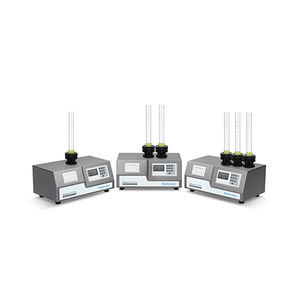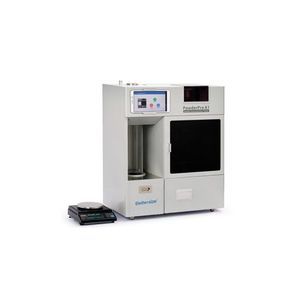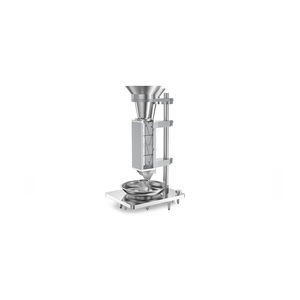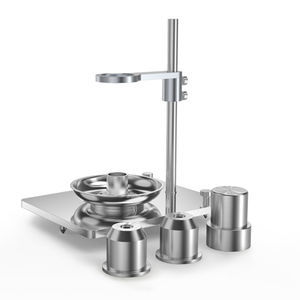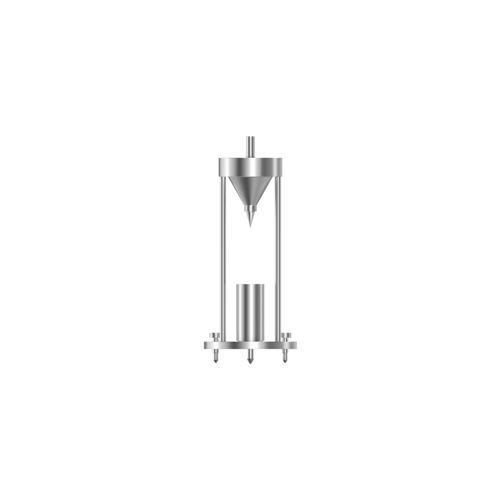
Density tester BeDensi B1laboratoryfor the food industry
Add to favorites
Compare this product
Characteristics
- Tested parameter
- density
- Applications
- laboratory, for the food industry
Description
The BeDensi B1 stands as a specialized bulk density tester crafted for assessing the bulk density of samples beyond metal powders. Employing the natural deposition method, it adheres to the standards outlined in GB/T 16913-4.3: Methods of dust character test-Determination of bulk density. Widely utilized in diverse sectors such as food, industrial chemistry, energy battery powder, research institutions, and quality inspection organizations, this tester offers valuable insights into the storage characteristics of powders, particularly within storage containers.
Features and Benefits
● Measurement: Bulk density
● Testing sample: Except for metal powders
● Technology: Natural deposition method
1. Measurement: Bulk Density
The BeDensi B1 stands as a specialized bulk density tester crafted for assessing the bulk density of samples beyond metal powders. Employing the natural deposition method, it adheres to the standards outlined in GB/T 16913-4.3: Methods of dust character test-Determination of bulk density. Widely utilized in diverse sectors such as food, industrial chemistry, energy battery powder, research institutions, and quality inspection organizations, this tester offers valuable insights into the storage characteristics of powders, particularly within storage containers.
2. Sample Preparation
The sample powder should be dried at 105°C for 4 hours, followed by natural cooling in the room, and then passed through an 80-mesh standard sieve to remove impurities.
Catalogs
bettersize-general-brochure
11 Pages
*Prices are pre-tax. They exclude delivery charges and customs duties and do not include additional charges for installation or activation options. Prices are indicative only and may vary by country, with changes to the cost of raw materials and exchange rates.




